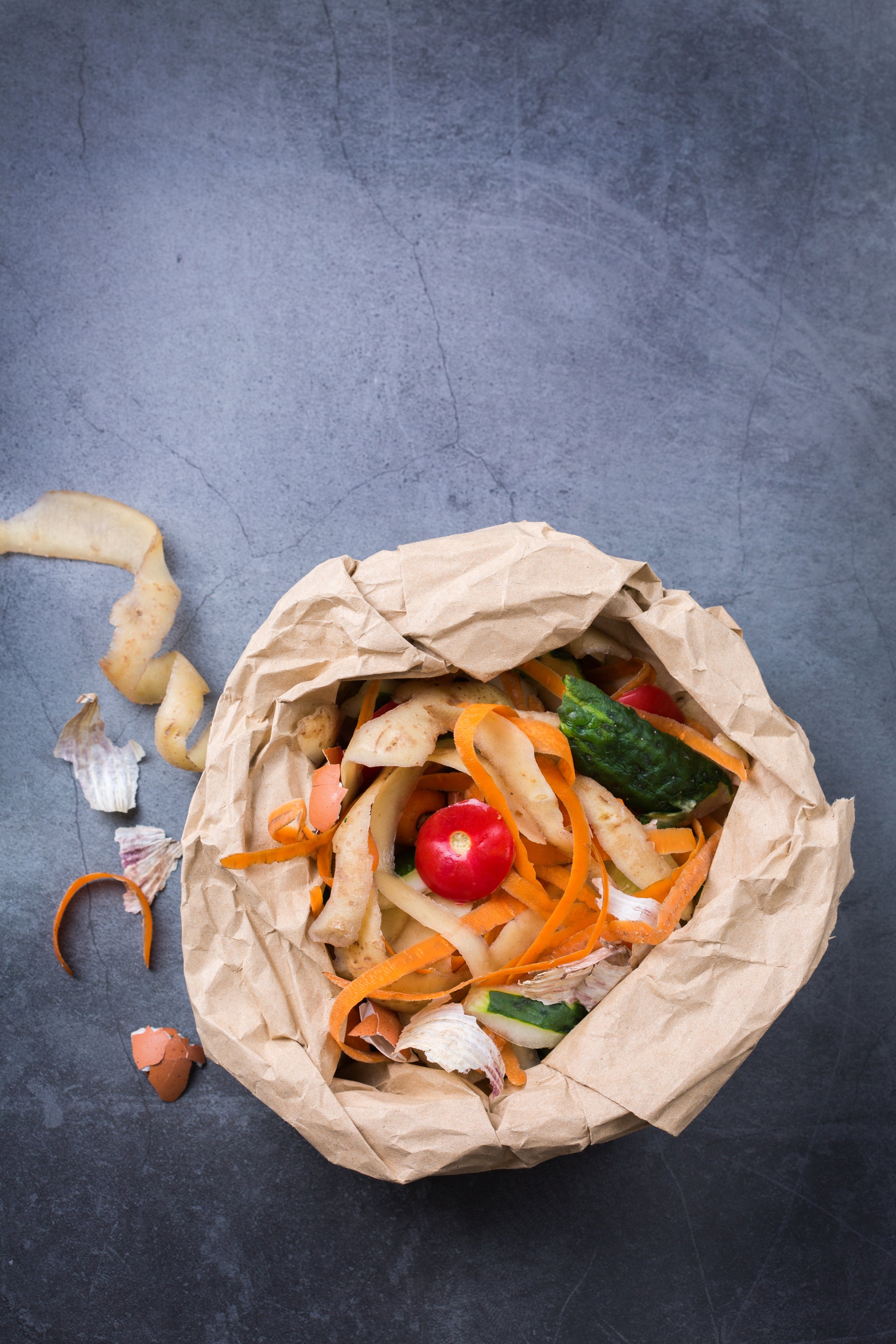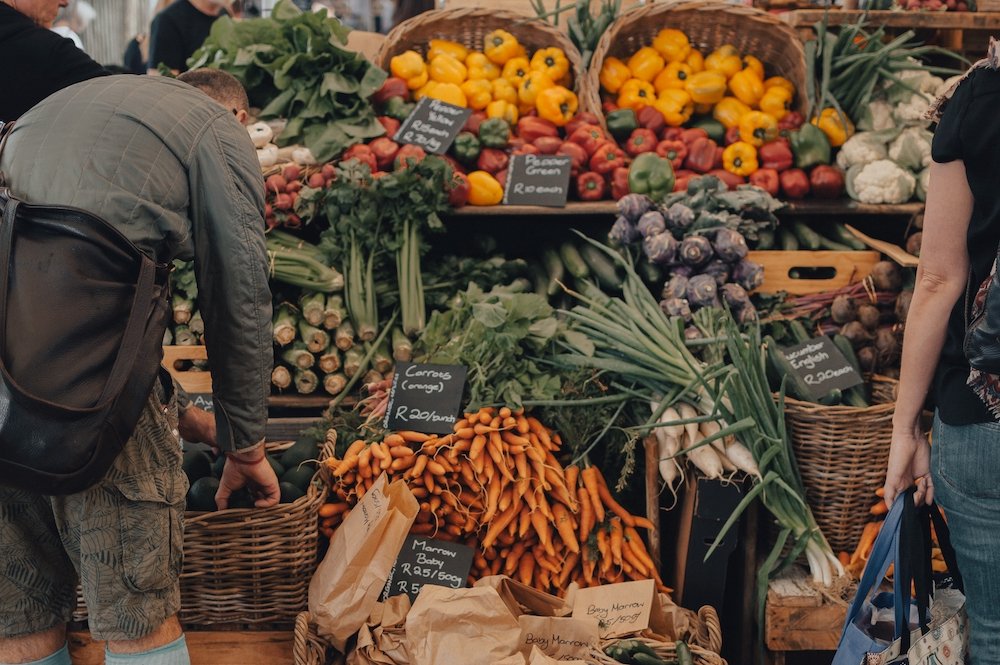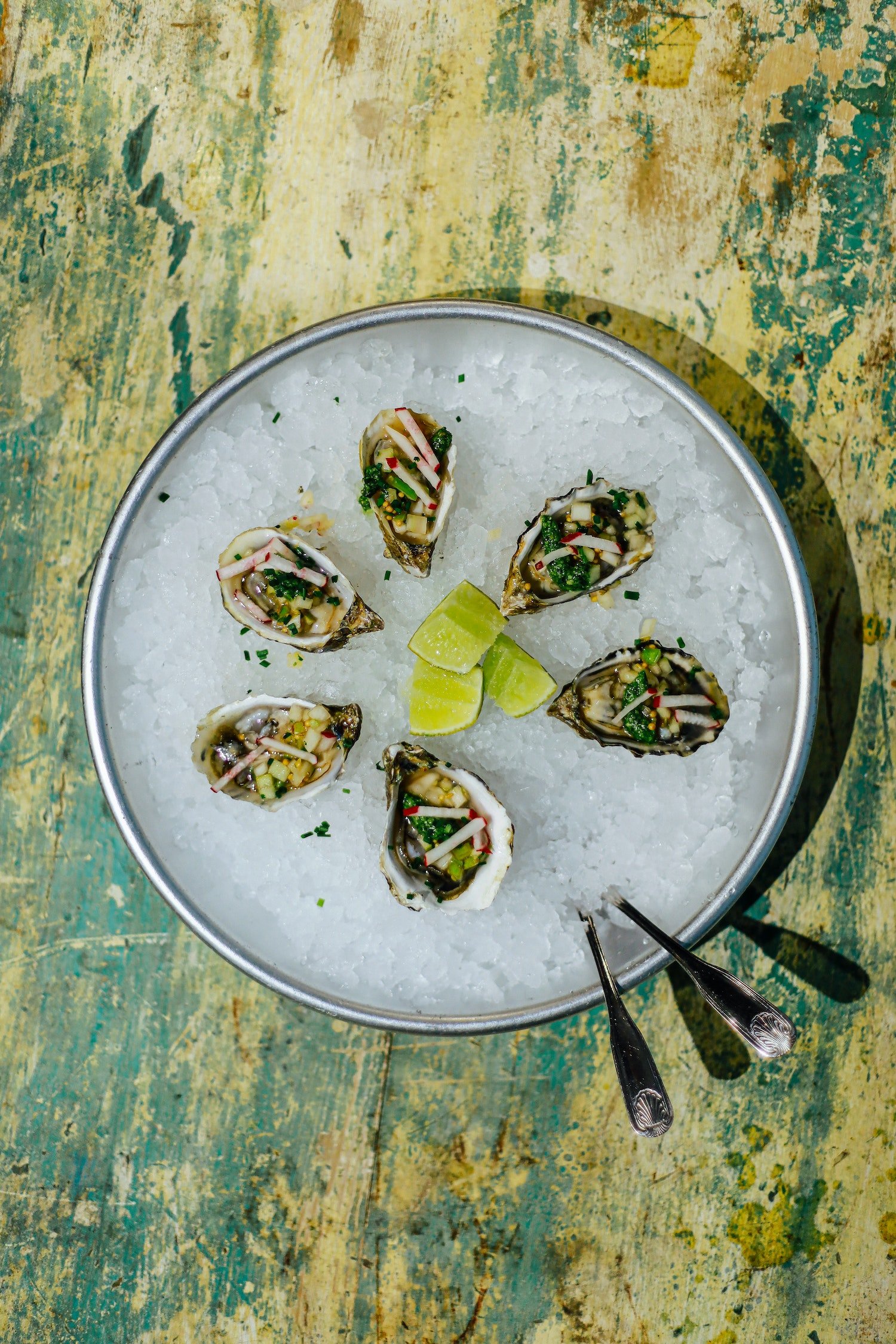5 Simple Ways: Reduce Food Waste in Your Home Kitchen
5 Simple Ways: Reduce Food Waste in Your Home Kitchen
BY MONIKA JACOBSONWhen was the last time you pulled a slimy bag of salad greens out of the produce drawer? Or tossed some moldy bread? Or couldn’t finish the plate of enormous food portions from a restaurant? Yup, same.
We all waste food as consumers in our own kitchens. It is estimated that between 30-40% of the food we produce in the United States goes to waste. Food waste from consumers and retailers also contributes to greenhouse gas emissions and ultimately our changing climate. Let’s not forget the amounts of packaging with our groceries that ends up in the landfill (cartons, plastic containers, bags etc.). This can feel overwhelming, but each of us can play a part in fighting this fight.
Let’s be intentional to reduce food waste in our own kitchens. Here are 5 ways to get started:
Plan Meals Around What is in the Fridge or is Close to Expiring
If that bag of broccoli is starting to turn, plan dinner around that. Do you have some chicken in the freezer you bought on sale back in 2020? Cook it up now! Planning a weekly menu can help us utilize the perishable foods on hand and help us do smarter shopping (not to mention make healthy food choices). Challenge yourself this month to use up as many foods you already have on hand.
Additionally, if there are foods in your pantry you’ve been saving since early pandemic hoarding days, donate your excess if you are not in need.
Make Your Perishable Foods Last Longer
Invest in a produce life extender for your fridge. They can be found for around $10 and will save you tons of money in the long run as they help absorb ethylene gas, moisture and odors so fruits and vegetables stay fresher longer. Reusable net produce sacks and beeswax wraps can also keep refrigerators organized. You can keep some veggies and other foods in water to maximize their storage time (carrots, lemons, tofu, celery).
Save Your Scraps
Food scraps can really add up in the landfill but hang onto them! They serve many purposes after their initial use. Keep leftover veggie scraps to make a broth (see recipe below). Use the greens from beets in soups, salads, sautés. Save the tops of carrots to make an easy pesto. Use bones from chicken or turkey carcasses to make a nutrient-dense bone broth. You can freeze overripe bananas for smoothies. Thankfully Spokane city residents can put food scraps in the GREEN yard waste bins for composting. Alternatively make your own compost and add to gardens and flower beds.
Grow Your Own Herbs Indoors Year-Round!
Most herbs can be grown inside 365 days a year. Start with growing a few you use the most (basil, chives, parsley, rosemary, thyme, tarragon, and oregano for example). Having fresh herbs on hand for cooking can elevate your recipes. Resist buying the plastic packages of herbs (that you use a couple tablespoons of before the rest goes bad) and try indoor gardening. This is great for the environment and your wallet as well!
Prep the Perishable Foods You Want to Consume
Make it a habit to cut up vegetables from the store as soon as you get home. Use clear glass containers so you see them and are more likely to eat them. The cut veggies with hummus will make a great snack if it’s easy and accessible-that’s why grabbing the chips or other processed packaged snack food is often our go-to! You can also grill up some chicken, roast some vegetables, or brown some taco meat to have on hand for the busy week. When foods are prepped, they are more likely to be eaten!
Start slow. Choose something you will focus on this month. Once that becomes a habit, add in another new change. Before you know it, you’ll be helping our environment, saving money and optimizing the food you eat at home.





























